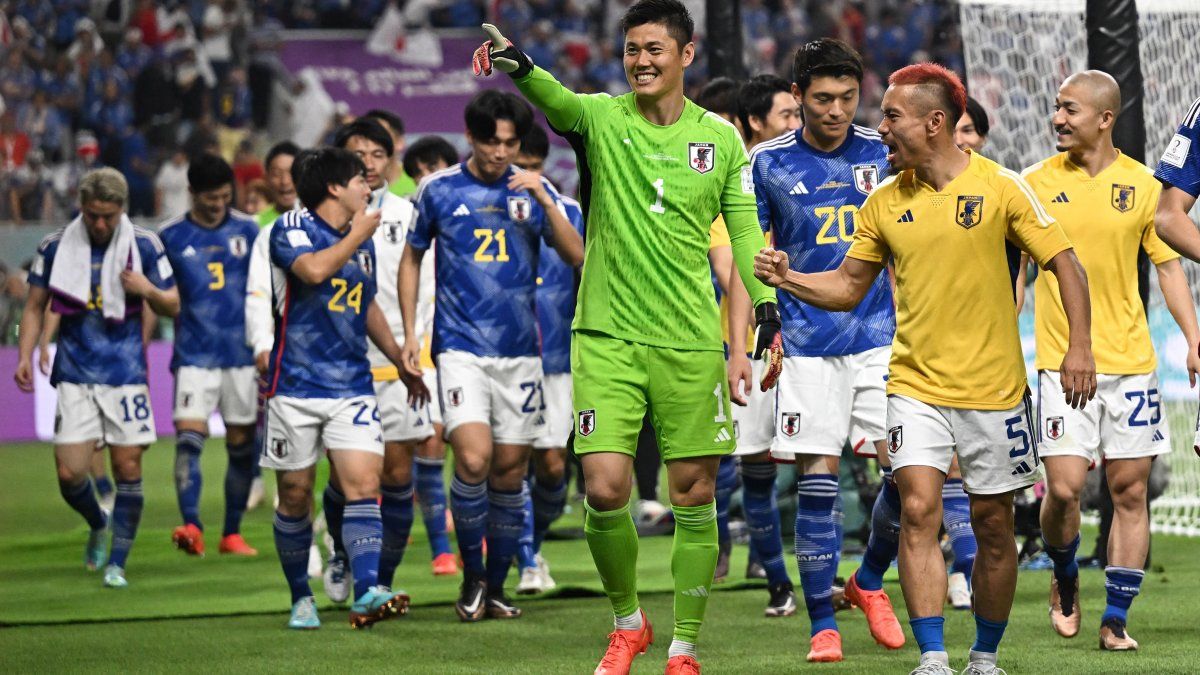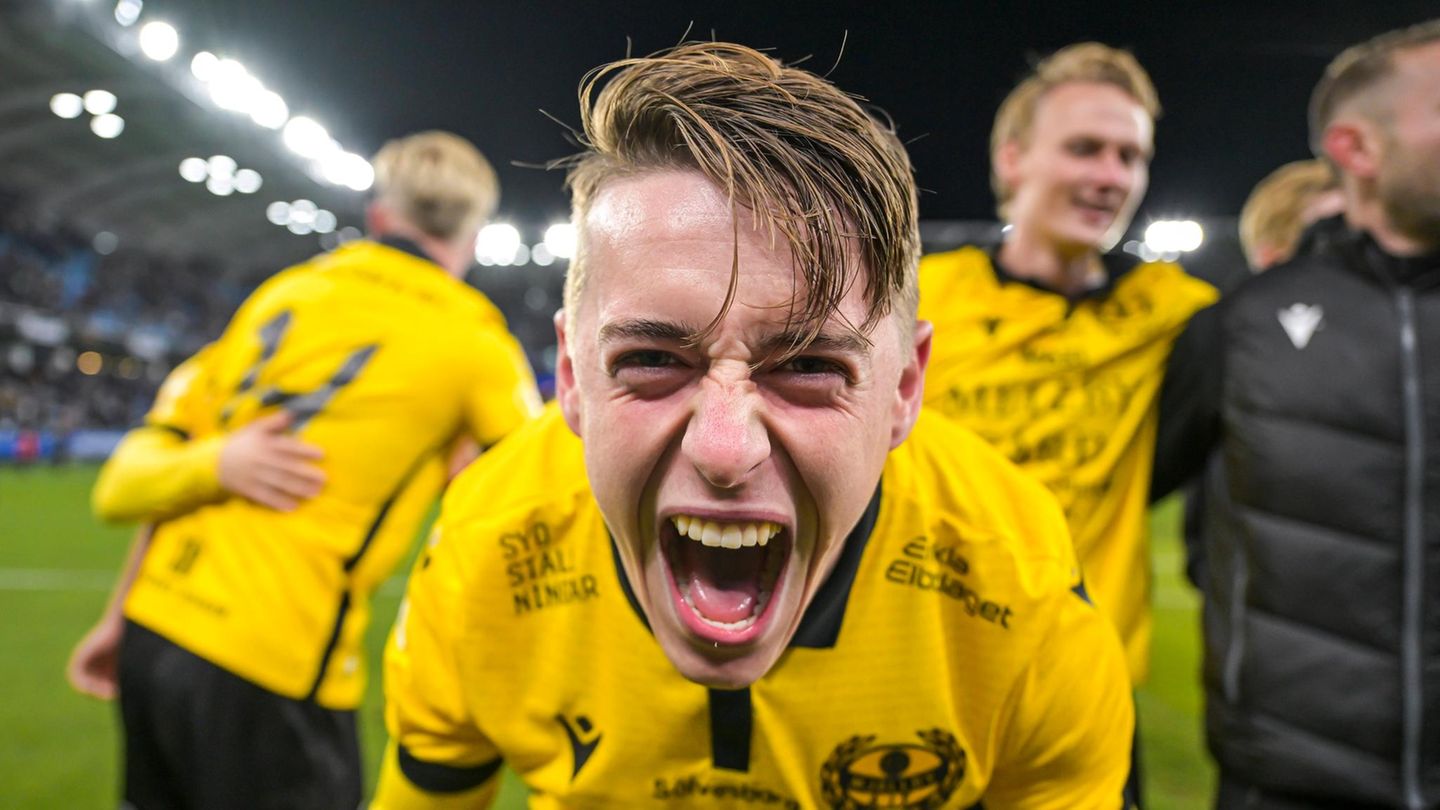I am a 24-year-old writer and journalist who has been working in the news industry for the past two years. I write primarily about market news, so if you’re looking for insights into what’s going on in the stock market or economic indicators, you’ve come to the right place. I also dabble in writing articles on lifestyle trends and pop culture news.
Menu
Prince Harry: The problem with the “Spares”
Categories
Most Read
Television: Jimi Blue Ochsenknecht wins “Celebrity Big Brother”
October 20, 2025
No Comments
Fuera de Campo returns, the “unofficial” festival of Mar del Plata that seeks to make noise in national cinema
October 20, 2025
No Comments
Jimmy Fallon: Presenter mourns family dog Gary
October 20, 2025
No Comments
Lori Loughlin: Her husband keeps the assets after separation
October 20, 2025
No Comments
If you liked Merlina, you can’t miss this Disney series: a teenage vampire looking to fit in
October 20, 2025
No Comments
Latest Posts

Soccer: Japan would leave the Asian confederation and create a new one in the east of the continent
October 20, 2025
No Comments
October 20, 2025 – 20:48 The JFA is considering leaving the AFC due to alleged favoritism towards the Gulf countries. The project contemplates adding South

Sweden: Football dwarf Mjällby AIF sensationally becomes champions
October 20, 2025
No Comments
PierceI am Pierce Boyd, a driven and ambitious professional working in the news industry. I have been writing for 24 Hours Worlds for over five

Livestock producers refuse to import Argentine meat
October 20, 2025
No Comments
October 20, 2025 – 20:41 The producers were dissatisfied with the trade conflict with China and, in addition to this new announcement, they considered that
24 Hours Worlds is a comprehensive source of instant world current affairs, offering up-to-the-minute coverage of breaking news and events from around the globe. With a team of experienced journalists and experts on hand 24/7.

